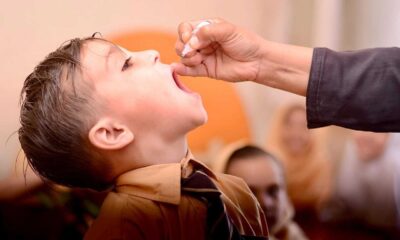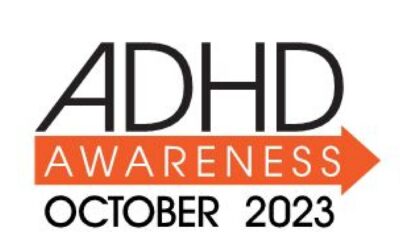Health
Health Department Urges Public to Protect Against Rising Respiratory Infections

The Department of Health has issued a statement urging the public to take extra precautions as respiratory infections are expected to surge during the upcoming winter season. According to Department of Health spokesperson, Foster Mohale, respiratory syncytial virus (RSV) has reached peak circulation in the country, and influenza infections are on the rise. In addition, Covid-19 continues to circulate at low levels, posing a triple threat to public health.
The National Institute for Communicable Diseases, which monitors respiratory virus circulation, has identified the peak season for RSV. Mohale highlighted that the symptoms of RSV can often be mistaken for those of Covid-19 or SARS-CoV-2, especially in the early stages. While RSV primarily affects young children, it can also lead to respiratory illnesses in older individuals.
Following the peak of RSV, the influenza virus season is expected to follow with an observed increase in cases. Mohale emphasized that while most cases caused by these viruses are mild, they can result in severe illness and even fatalities, particularly in individuals with underlying health conditions.
The Department of Health strongly recommends that individuals at high risk, such as those aged 65 and above or with preexisting illnesses, should get vaccinated against influenza. The influenza vaccine is freely available at public clinics, prioritizing those in high-risk groups to prevent severe health complications if infected.
Preventative measures, including wearing masks, regular hand washing, and social distancing, are crucial to curb the spread of respiratory viruses. People are advised to cover their nose and mouth when coughing or sneezing, stay home when feeling unwell, and avoid touching their face with unwashed hands.
Symptoms of influenza include a runny nose, coughing, fever, and wheezing. Parents and caregivers should promptly seek medical attention for children experiencing breathing difficulties or showing signs of dehydration. It is imperative to take precautions and stay informed to safeguard against the escalating threat of respiratory infections during the winter months.












